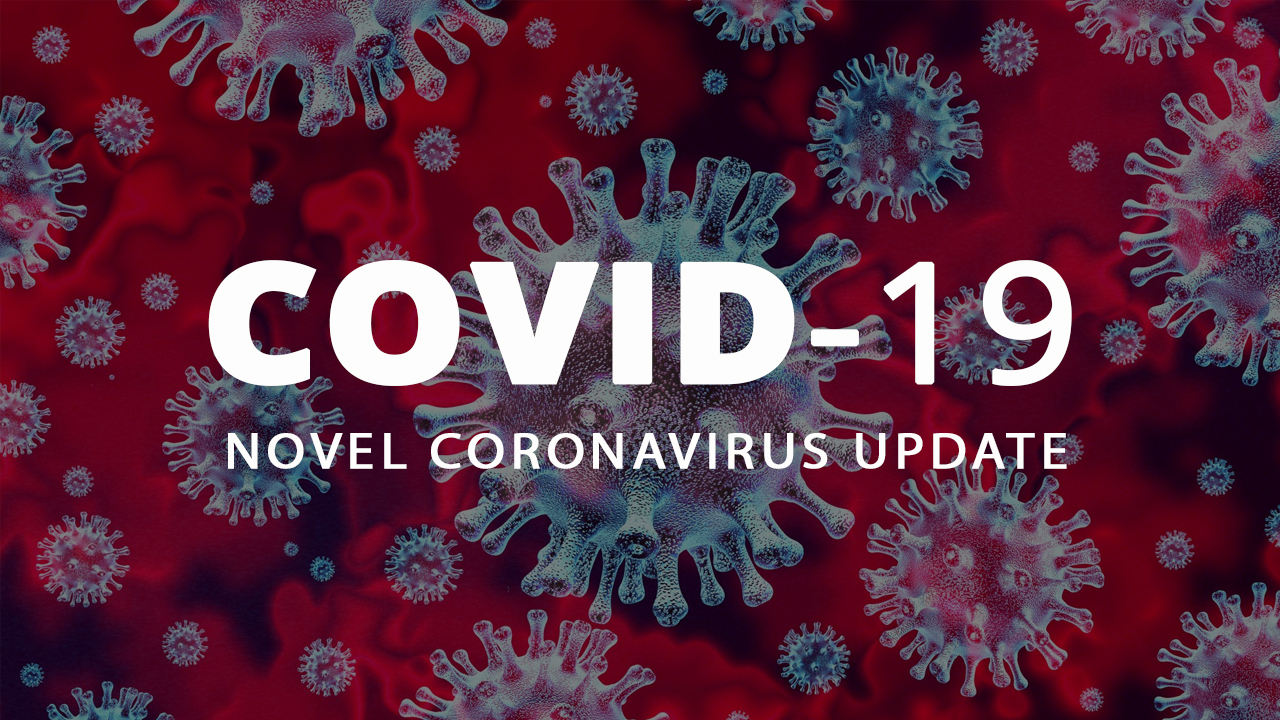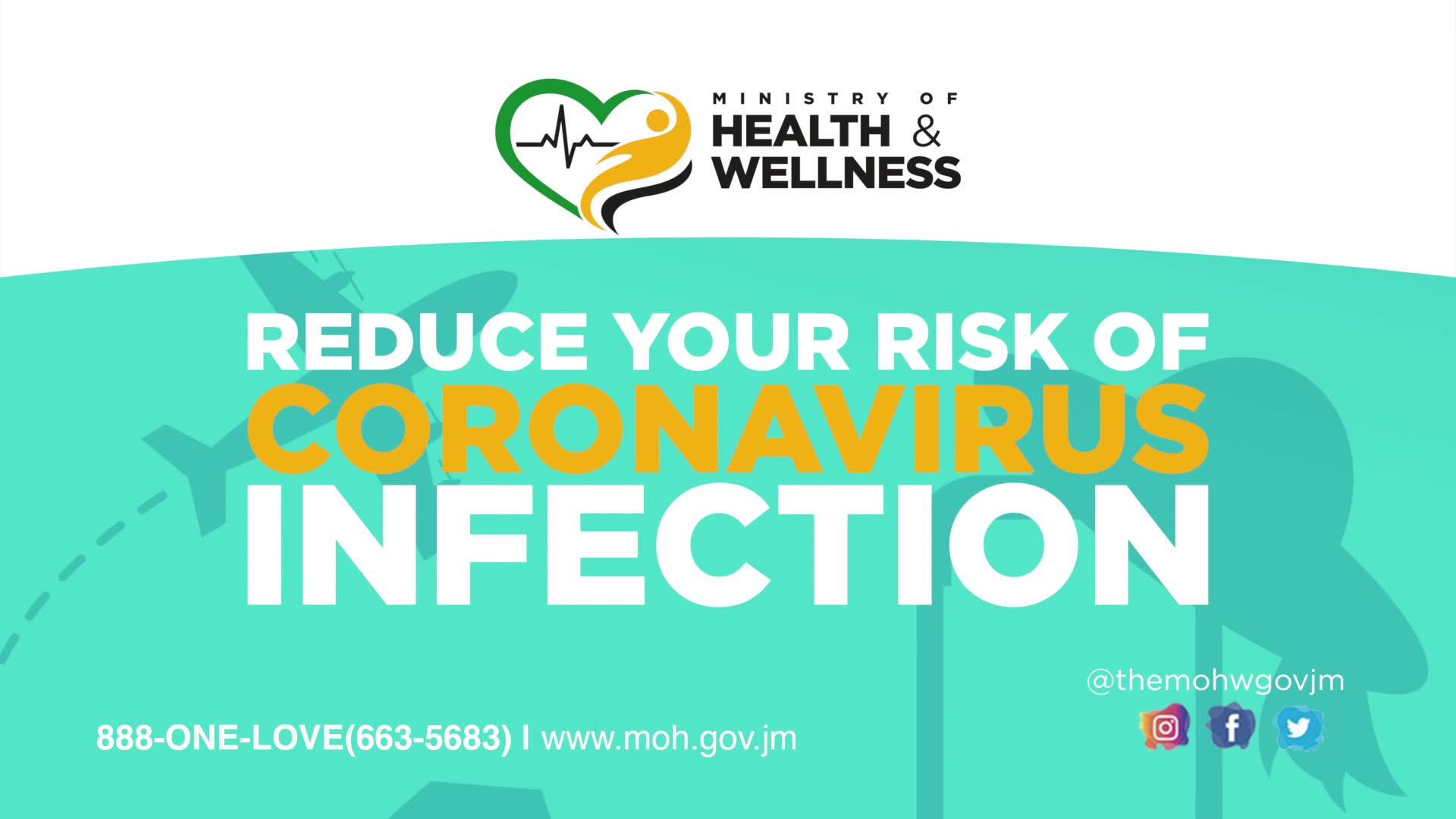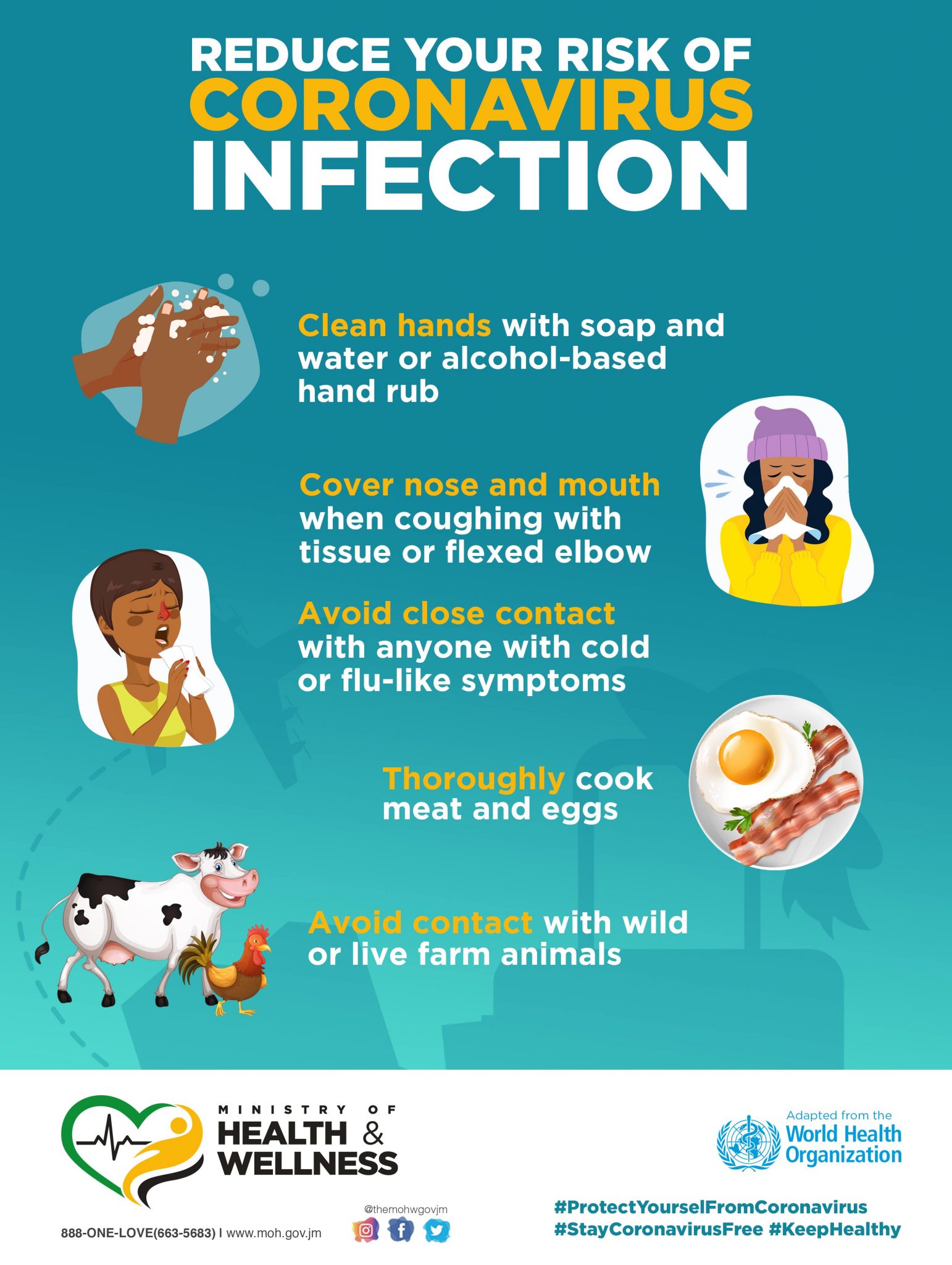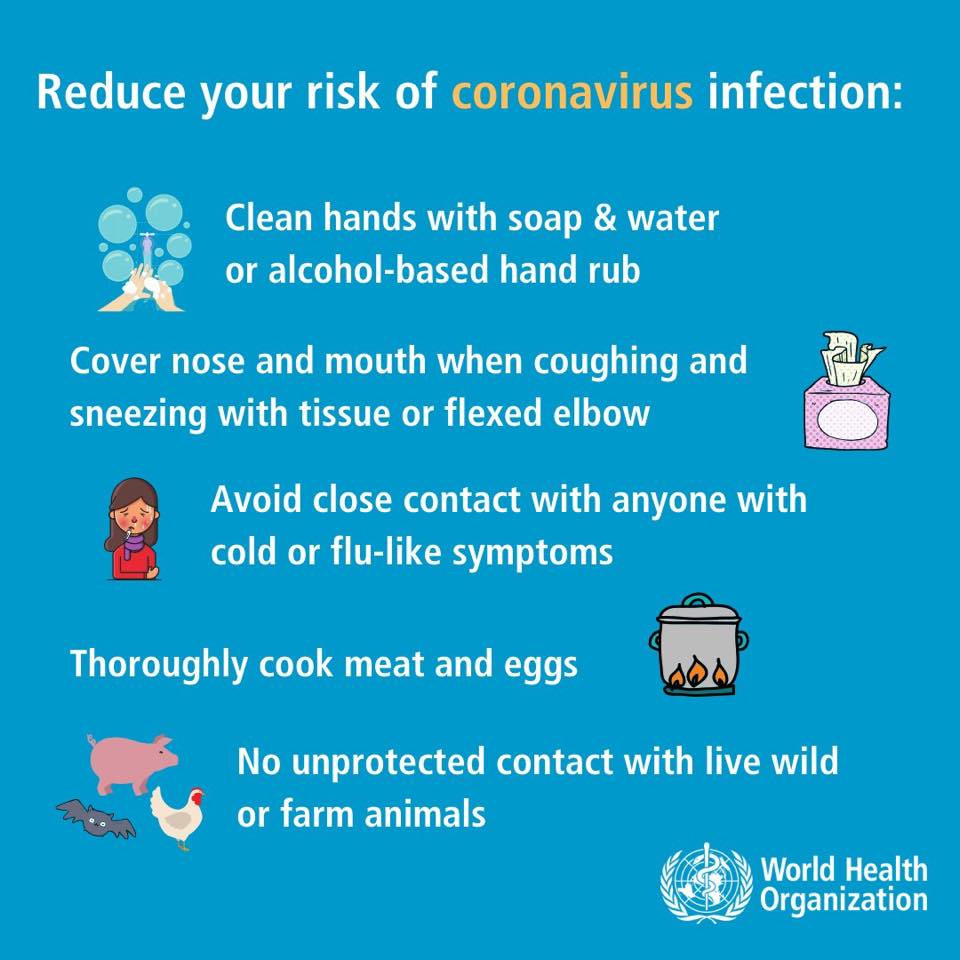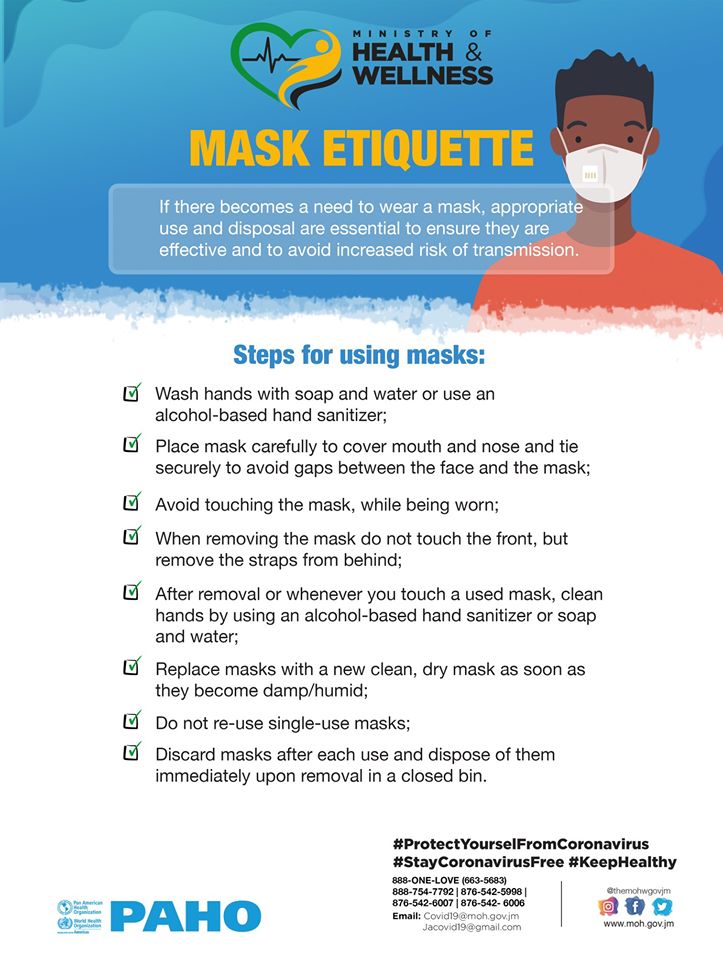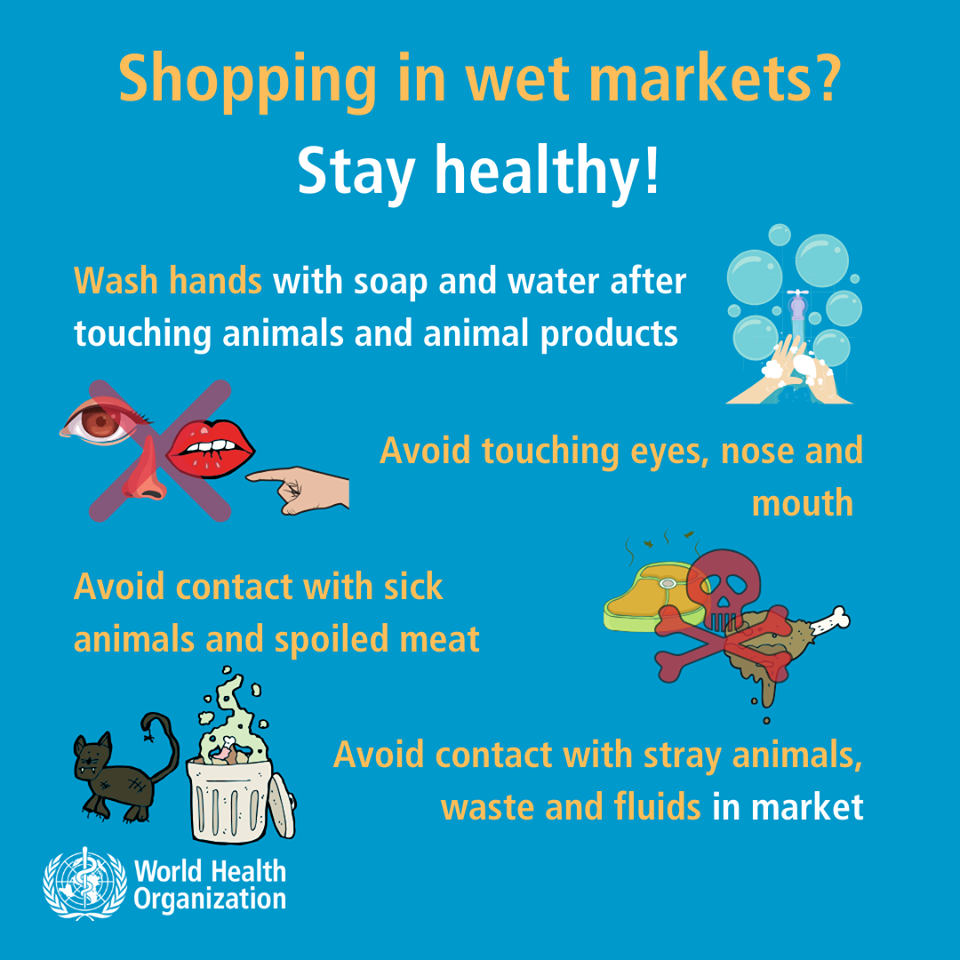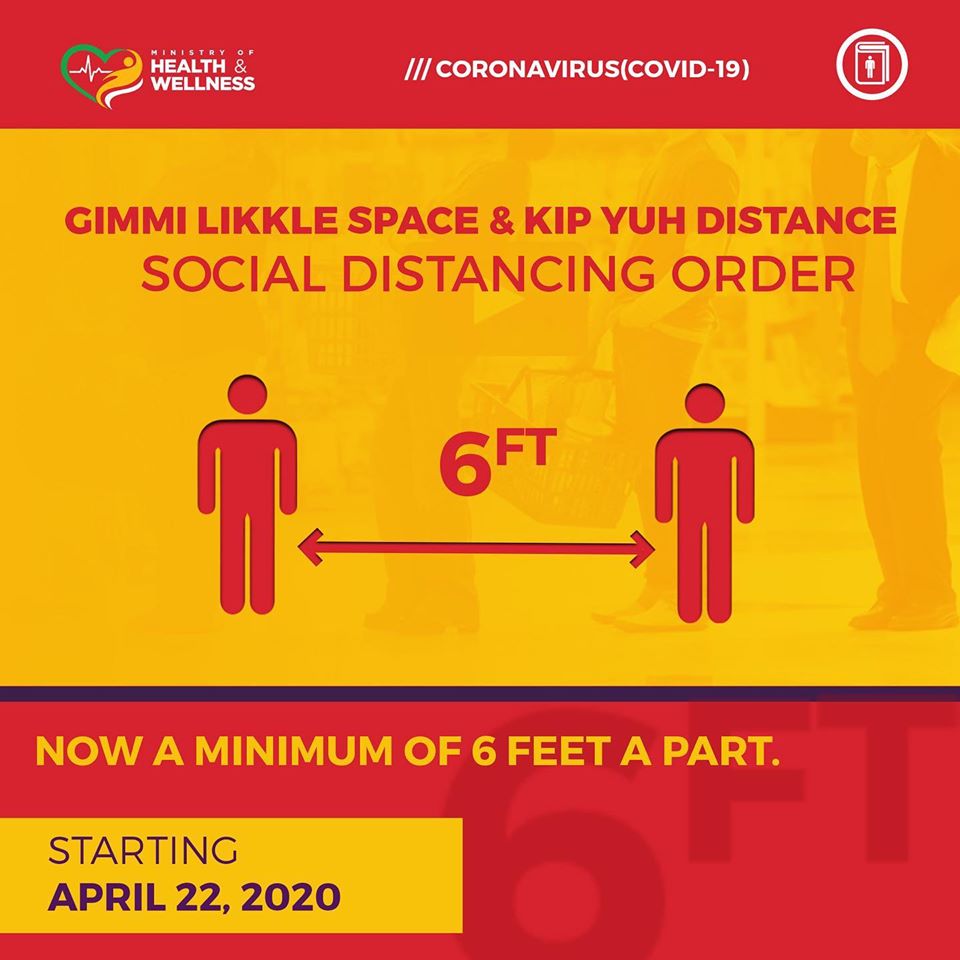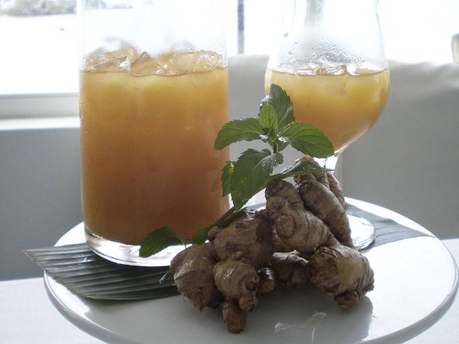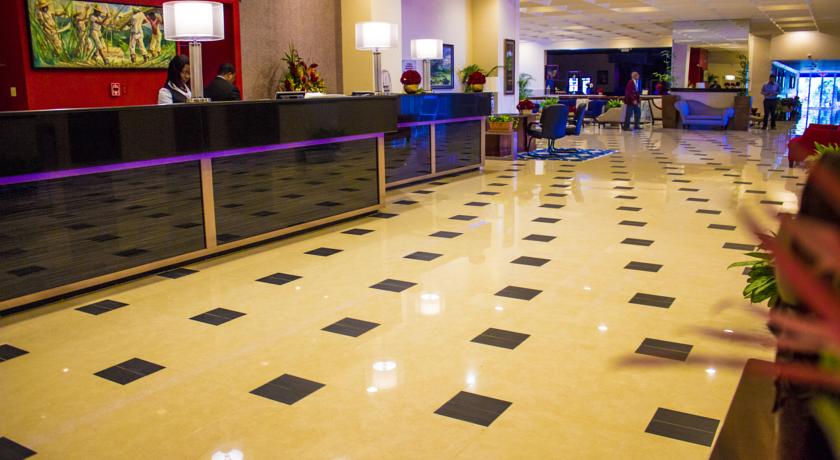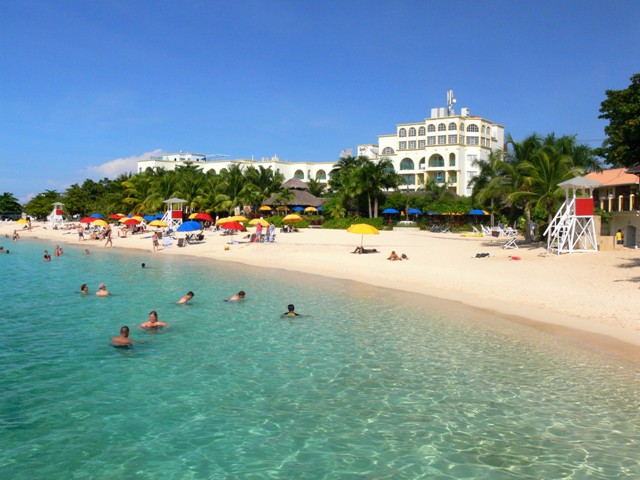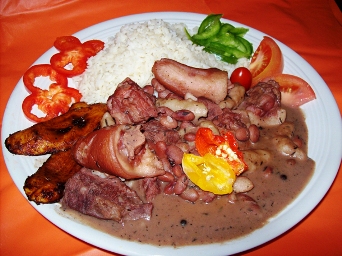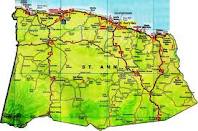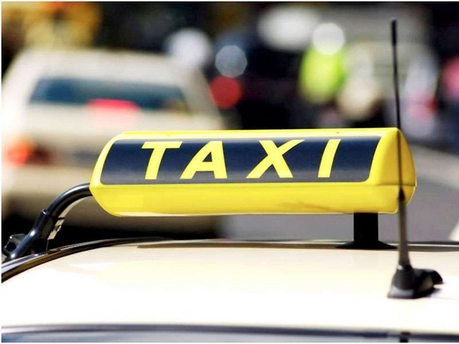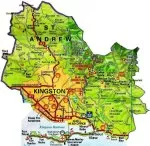Coronavirus In Jamaica -
First Case Confirmed on March 10, 2020
Wanna share something Jamaican with us? Share Your Submission HERE!!
CARE to SHARE???... Share this awesome content with your friends now...
The first case of Coronavirus in Jamaica, COVID-19, was confirmed as of March 10, 2020 as a result of overseas travelers coming into the country. There is a lot of misinformation circulating about the virus and we can only turn our attention to reputable sources such as The World Health Organization and The Ministry of Health and Wellness Jamaica to get updated and accurate information and tips about the virus.
Therefore, I have taken the time to do some research and gather as much information as I can and compile it into bite-sized chunks for your information so you don't have to go and search for yourselves aimlessly.
I will update you as best as I can with pertinent information about the COVID-19 virus in Jamaica and I would love for you to share with me your views and experiences with the virus in and around your current location.
There are always questions to be asked about this and it has been more of a frightening and panicking experience for most people around the globe and Jamaicans locally and in the diaspora internationally are always trying to get back home or ensure the safety of their loved ones as well as themselves.
So you can use this medium along with the reputable sources I outline and link to if you want to be well informed about how we are coping and handling the coronavirus in Jamaica.
Let's start by trying to answer the most common questions asked about this COVID-19 virus.
Coronavirus In Jamaica Q&A...
- What is a coronavirus? Coronaviruses are said to be a large family of viruses known to cause illnesses ranging from the common cold to more severe diseases such as Middle East Respiratory Syndrome (MERS) and Severe Acute Respiratory Syndrome, commonly known as SARS.
- What is a novel coronavirus?
A novel coronavirus (CoV) is a new strain of coronavirus that has not been previously identified in humans. - What is COVID-19?
COVID-19 is the infectious disease caused by the most recently discovered coronavirus. This was an unknown virus prior to the outbreak which originated in Wuhan, China, in December of 2019. - Can humans become infected with a novel animal source coronavirus?
Detailed investigations found that SARS-CoV was transmitted from civet cats to humans in China in 2002 and MERS-CoV from dromedary camels to humans in Saudi Arabia in 2012. Several known coronaviruses are circulating in animals that do not yet have infected humans. As surveillance improves around the world, more coronaviruses are likely to be identified. - What are the symptoms of someone infected with a coronavirus?
This is dependent on the virus, but the most common signs include, but are not limited to, respiratory symptoms, fever, dry cough, shortness of breath, tiredness, and breathing difficulties. In more severe cases, infection can cause pneumonia, severe acute respiratory syndrome, kidney failure and even extreme even death.
- Can coronaviruses be transmitted from person to person?
Yes, some coronaviruses can be transmitted from person to person, usually after close contact with an infected patient, for example, in a household workplace, or health care center. - Is there a vaccine for a novel coronavirus?
When a disease is new, there is no vaccine until one is developed. It can take a number of years for a new vaccine to be developed. - Is there a treatment for a novel coronavirus?
There is no specific treatment for disease caused by a novel coronavirus. However, many of the symptoms can be treated and therefore treatment based on the patient's clinical condition. Moreover, supportive care for infected persons can be highly effective. - Are antibiotics effective in preventing or treating the Cornavirus?
NO! Antibiotics do NOT work against viruses, they are only meant to treat bacterial infections and COVID-10 is caused by a VIRUS. - What can I do to protect myself?
Standard recommendations to reduce exposure to and transmission of a range of illnesses include maintaining basic hand and respiratory hygiene, and safe food practices and avoiding close contact, whenever possible, with anyone showing symptoms of respiratory illness such as coughing and sneezing. - Are health workers at risk from a novel coronavirus?
Yes, they can, as health care workers come into contact with patients more often than the general WHO recommends that health care workers consistently apply appropriate infection prevention and control measures. - What WHO recommendations for countries?
WHO encourages all countries to enhance their surveillance for severe acute respiratory infections (SARI), to carefully review any unusual patterns of SARI or pneumonia cases and to notify WHO of any suspected or confirmed cases of novel coronavirus infection. Countries are encouraged to continue strengthening their preparedness for health emergencies in line with the International Health Regulations (2005).
Source: WHO [21 January 2020] and M.O.H. [22 January 2020]
For more Q & As you can get it on the OFFICIAL WHO WEBSITE or MINISTRY OF HEALTH JAMAICA for additional information about coronavirus in Jamaica.
Also check the Coronavirus In Jamaica Updates Page for regular updates!
How To Protect Yourself From Getting Infected
The most common question that is being asked worldwide is "How do I protect myself from getting infected?"
Well here are some tips from the Ministry of Health and Wellness Jamaica and the World Health Organization that assist you with answering this question.
WHO's standard recommendations for the general public to reduce exposure to and transmission of a range of illnesses are as follows, which include hand and respiratory hygiene, and safe food practices:
- Frequently clean hands by using alcohol-based hand rub or soap and water;
- When coughing and sneezing cover mouth and nose with flexed elbow or tissue - throw tissue away immediately and wash hands;
- Avoid close contact with anyone who has fever and cough;
- If you have fever, cough and difficulty breathing seek medical care early and share previous travel history with your health care provider;
- When visiting live markets in areas currently experiencing cases of novel coronavirus, avoid direct unprotected contact with live animals and surfaces in contact with animals;
- The consumption of raw or under-cooked animal products should be avoided. Raw meat, milk or animal organs should be handled with care, to avoid cross-contamination with uncooked foods, as per good food safety practices.
Get frequent updates from the WHO website about COVID-19 HERE and learn how to fight against the coronavirus in Jamaica.
Coronavirus In Jamaica Risk Reduction Visuals
What are YOUR Thoughts?
What do YOU think of this horrible COVID-19 virus/disease that has now become a pandemic?
Do you think we are doing our best or we can, and/or need to, do more? If so, what can we do differently, or better to assist with reducing the spread of this virus?
Share your views in our comments section below.
I welcome your comments HERE!!
Also, check the Coronavirus in Jamaica Updates Page regularly for current information.
CARE to SHARE???... Share this awesome content with your friends now...
If you found this page useful, please feel free to subscribe to my weekly newsletter, The Jamaica Land We Love Digest.
It gives you information every week about the new information that I have added to the site, including any new developments and great Jamaican stories from Jamaicans and lovers of Jamaica worldwide!

NEW!! Comments
Have your say about what you just read! Leave me a comment in the box below.
Other Great Articles You Might Have Missed
